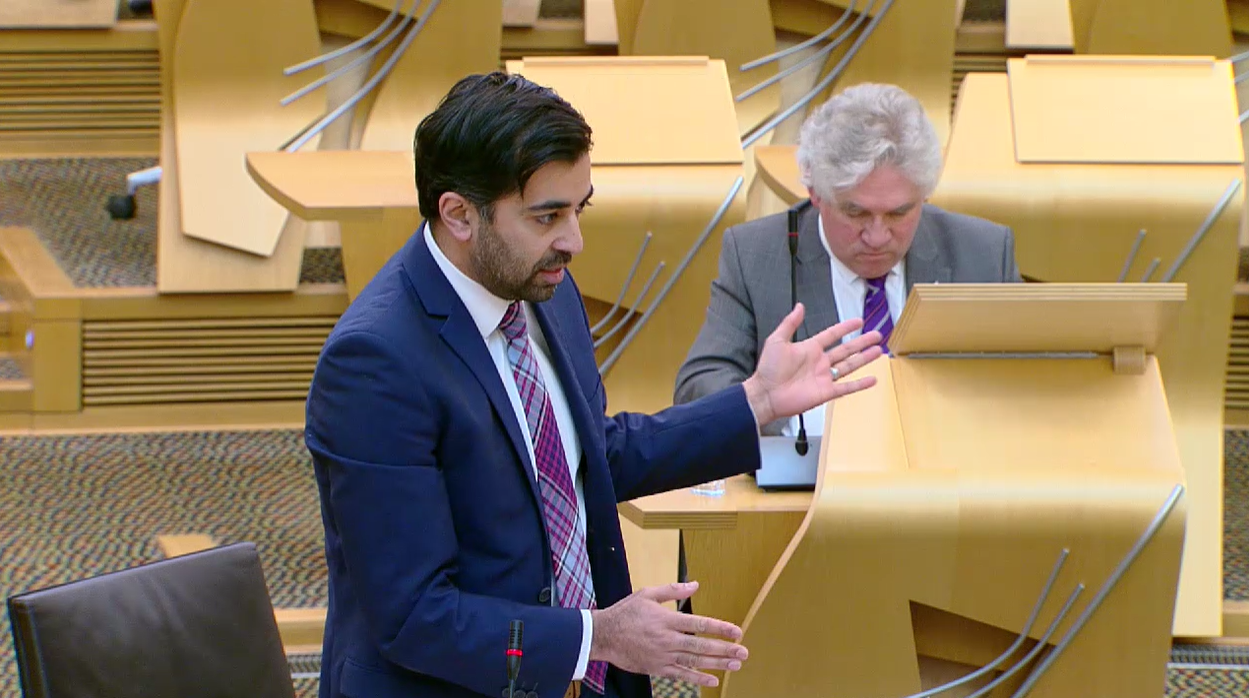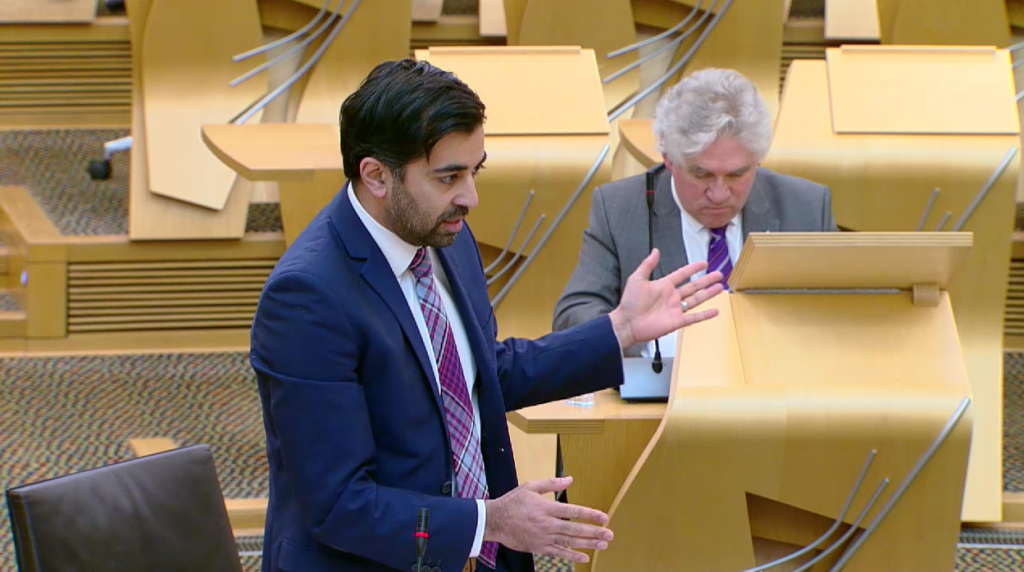MSPs have passed what has been described as “Scotland’s most controversial piece of legislation”. The Hate Crime and Public Order (Scotland) Bill was passed on Thursday (11 March 2021) by 82 votes to 32, with 4 abstentions after a marathon debate of amendments on Wednesday.
The legislation seeks to consolidate existing law and extends protection for some vulnerable groups with a new offence of “stirring up hatred“.
Concerns have been raised about the potential impact on freedom of speech, with opponents arguing that the full implications of the proposed law have not been thought through. While supporting the principle of protecting people from prejudice, they argue that the definition of “‘stirring up hatred” is too vague and open to interpretation.
Given the Scottish Government’s track record for similar legislation such as the Offensive Behaviour at Football and Threatening Communications (Scotland) Act (OBFA), which was ultimately scrapped in 2018, these concerns are not unfounded. The OBFA sought to criminalise football fans, and was described by Professor Tom Devine as “the most illiberal and counterproductive act passed by our young Parliament to date”.
Yet the SNP seem undeterred, despite the raft of criticism for the new Hate Crime Bill has drawn from all sides. Last year, Scottish Palestine Solidarity Campaign (SPSC) called for plans for hate-crime legislation to be clarified — and to protect the legitimate right of citizens to campaign.
Given the raft of controversy surrounding anti-Semitism and anti-Zionism in the last period, these issues need to be clarified.
In Parliament yesterday, Justice Secretary, Humza Yousaf, said campaigners who “believe sex is immutable, or believe an adult man cannot become a female or they campaign for the rights of Palestinians… or those that proselytise that same-sex relationships are sinful, none of these people would fall foul of the stirring up of hatred offence for solely stating their belief – even if they did so in a robust manner.”
Despite the conflation of homophobic attitudes with pro-Palestinian beliefs, it is positive that Mr Yousaf stated clearly in support of campaigners who have very serious concerns around the impact of this legislation. Far away from the right wing campaigners complaining that free speech is under attack and grannies will be locked up for using out of date terminology, is a very real concern that campaigning will be restricted, and legislation will be used to stop campaigns like SPSC, from standing up for what’s right.
Another crucial controversial area of the Bill touched on by Mr Yousaf in Parliament is that, despite proclaiming to protect vulnerable groups, the legislation offers no protection for women.
Former Scottish Labour leader, Johann Lamont introduced an amendment to such an end but it was ultimately defeated. This week has seen an outpouring of emotion following the abduction and murder of Sarah Everett in London. Yet the SNP seem fixated on the idea that women do not require further protection under this Law.
Joan McAlpine, who broke with the SNP whip on a number of amendments, told colleagues: “The thing that finally turned me to my current position was the government’s decision to expand the definition of transgender identity to include cross-dressers who are not trans identified … It will seem bizarre to many people that men who enjoy cross-dressing are protected from hate crime, but women are not.”
The Scottish Government is to set up a working group to further review the role of sex-based Hate Crimes to identify further legislative protections. However, there are serious concerns that this is merely a case of kicking the can down the road.
The Hate Crime Legislation, is yet another example of the Scottish Government attempting to bring around complex social change through high profile and often symbolic legislation without tackling the root of the problems. Whether or not it is doomed to fail, alongside the OBFA, or even the Named Persons Scheme which was scrapped before it was even enacted, remains to be seen.
Peter Stoddart




